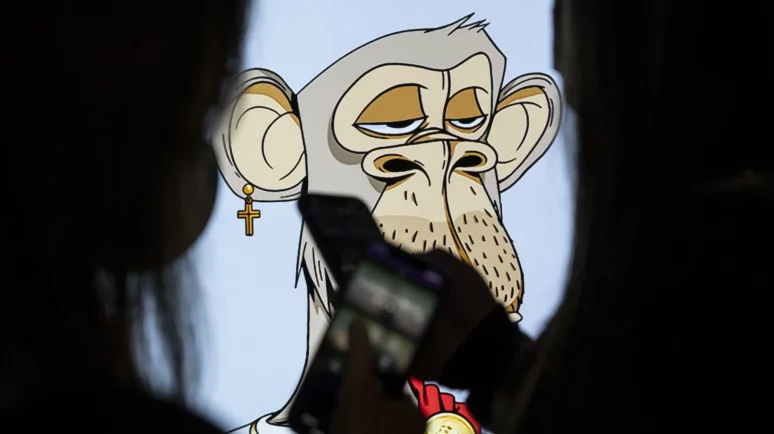PayPal No Longer Offering NFT Purchase Protection As Bear Market Claims New Victim

PayPal no longer offers purchase protection for NFTs. Credit: Shutterstock
Key Takeaways
- PayPal will no longer offer purchase protection for NFTs.
- Neither will NFT sellers be protected against chargebacks.
- The moves comes as the NFT market has slumped.
PayPal has updated the terms of 2 protection programs so that NFT buyers and sellers will no longer be eligible for a refund if they are the victim of fraud.
Previously, NFTs were covered by PayPal’s buyer and seller protection schemes, but with the market currently experiencing high volatility, the payment provider may have decided they are too high-risk to offer refunds.
No Fraud Protection for NFTs
Under the new policy, a buyer who doesn’t receive an NFT they paid for, or a seller who doesn’t receive payment for an NFT, will no longer be able to claim back their losses from PayPal. However, users will still be eligible to claim a refund for unauthorized NFT payments below $10,000.
The policy change puts NFTs in the same category as financial products and investments, which are also not covered by the company’s purchase protection scheme.
CCN reached out to PayPal but the firm did not provide an explanation for its decision.
PayPal NFT Marketplace
In an NFT market that generally favors cryptocurrency payments and automatic order fulfillment powered by smart contracts, PayPal was always going to struggle to make inroads.
However, last year the firm filed a patent for an off-chain NFT marketplace solution that could make the sector more accessible to traditional payment channels.

Alongside the PYUSD stablecoin, the patent points to PayPal’s ambitious Web3 plans. But with the NFT market currently in the grips of what has now been a 2 year-long bear run, it may have lost some of its allure.
NFT Prices Sink to New Lows
Although there is some correlation between NFTs and cryptocurrency prices, last month’s bullish crypto market didn’t translate into any real gains for popular NFT collections. And the recent crash has significantly hurt them.
In the last 90 days, the ETH floor price for crypto punks is down more than 30%.
Meanwhile, Bored Ape Yacht Club (BAYC) NFTs are down more than 50% in the same period. Since 2021, the BAYC floor price has collapsed by around 90%.


